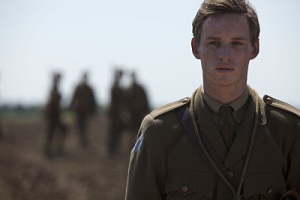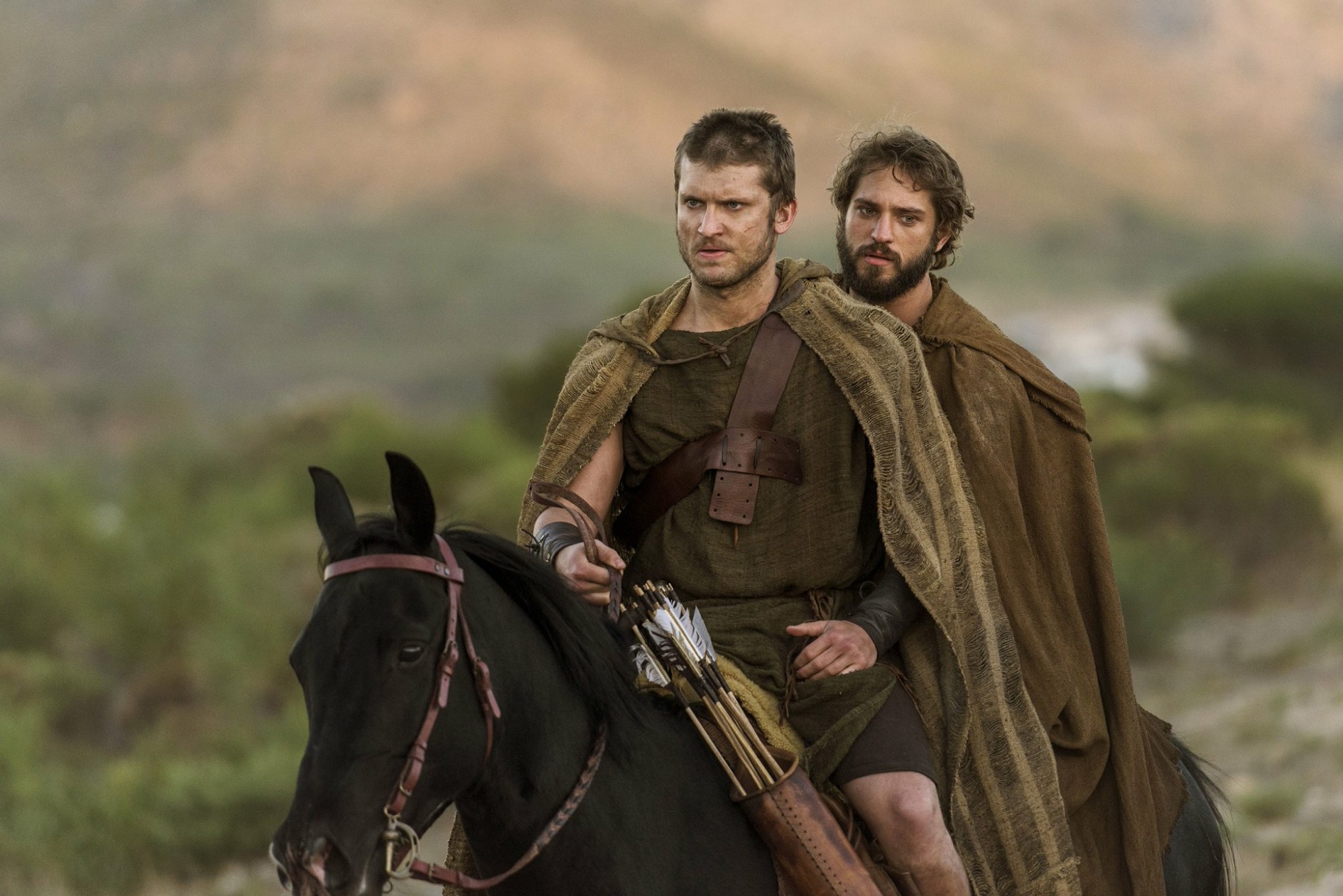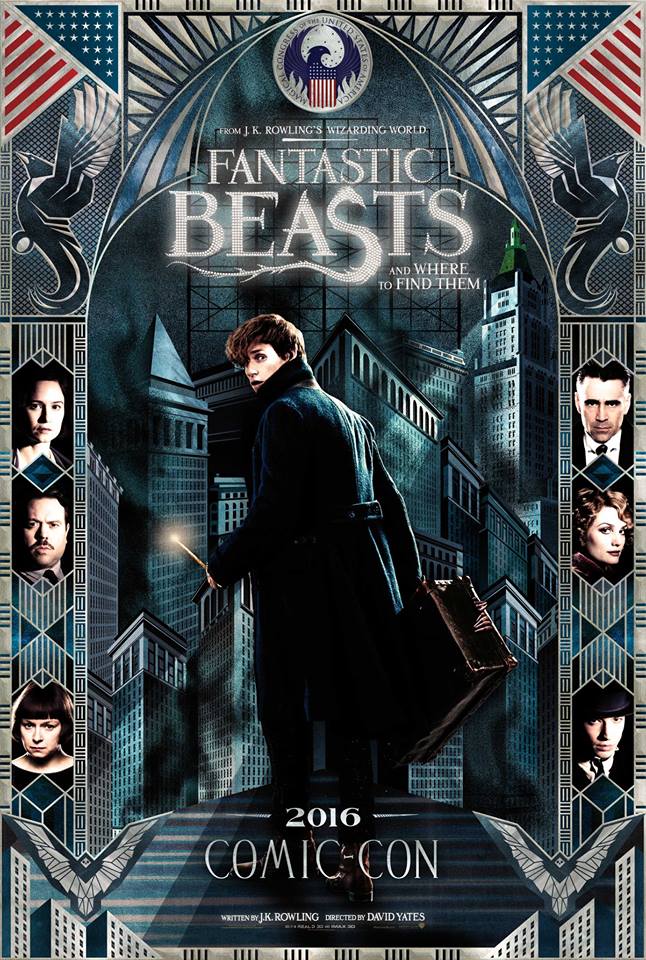Firstly I should point out I haven’t read the 1993 Sebastian Faulks Birdsong novel that this adaption is based on, however I have done a little research on it, so my review will be mainly based on the dramatisation I’ve seen on screen and only mildly with reference to what I’ve been told or read about the original novel.

Its a little slow starting but soon picks up pace as the story moves back and forth between the two time periods of 1910 and 1916 and focuses on Stephen Wraysford (Eddie Redmayne) and his experiences. In 1910 he spends a summer in Amiens, France to oversee work with Rene Azaire at his textile factory, and stays with the Azaire family where he meets Rene’s wife Isabelle (Clemence Poesy). Soon they begin a passionate affair that leads them to run away from her unhappy marriage to Rene, who would beat her in frustration for his own impotence.
Contrasting to the luxury and grandeur of 1910, the Stephen of 1916, now a British Lieutenant in the battle of the Somme, faced with the bleakness of war and death and the claustrophobic atmosphere and tunnels of frightened men, is colder and distant. Yet he is respected by his men, like Jack Firebrace (Joseph Mawle) whose job it is to plant mines under the German trenches, and who pulls Stephen out of the tunnels when he gets shot.
I engaged more with the war scenes. I felt more for the characters, especially Firebrace and the scene at the end where he finds that Stephen is still alive after he had been laid ou t amongst the dead. He carries him in an emotionally poignant scene showing of his respect for Stephen. Although the screenplay doesn’t stick to the same narrative as the book in terms of how the reader would have read the timeline, compared to how we as a viewer are watching the two times interlaced with one another…it works well. The same scenarios are the extremes of each other and yet the same in the heights of passion, contrasted with the extreme feelings of war and fear.
t amongst the dead. He carries him in an emotionally poignant scene showing of his respect for Stephen. Although the screenplay doesn’t stick to the same narrative as the book in terms of how the reader would have read the timeline, compared to how we as a viewer are watching the two times interlaced with one another…it works well. The same scenarios are the extremes of each other and yet the same in the heights of passion, contrasted with the extreme feelings of war and fear.
Stephen spends his time looking into the distance dreaming of Isabelle and their time together. The visual depictions of both time periods are stunningly done, and you feel the claustrophobic feeling of fear the men have in the tunnels. The early scene where a soldier’s torso is blown away leaving us the view of his intestines and stomach were quite gruesome, but war is gruesome…it was brave of them to show that, and Stephen’s way of coping with it by simply drawing what he saw, and commenting on what he’d learnt.
As yet we don’t know (unless you’ve read the book or researched it) who lives/who dies or if Stephen and Isabelle end up together, or why they parted, for war, or did something else drive them apart. Perhaps the warning from Isabelle’s sister is our nod to things to come: “My sister is very dear, but I’m afraid you will be the one who is hurt.” As I said earlier, visually impressive, but there were elements of the story that were too slow; but overall a well acted and good piece of drama. If it lives up to the book…I don’t know…perhaps you could tell me?!
This is a copy of my SimplyTV Review.








